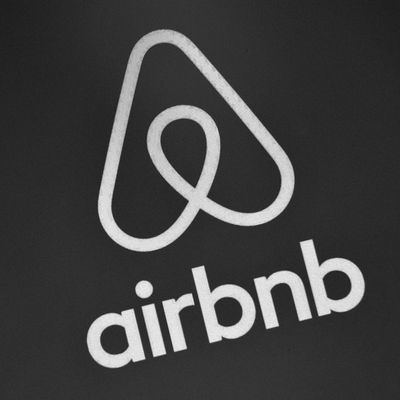
Last week, an Airbnb listing advertised by its host as a “bed and breakfast” formatted from an “1830s slave cabin” became the subject of widespread backlash online. New Orleans–based entertainment and civil-rights attorney Wynton Yates made a TikTok criticizing the choice to rent out a former Mississippi plantation’s slave quarters. “How is this okay in somebody’s mind to rent this out? A place where human beings were kept as slaves,” says Yates, who is Black, in the video. Speaking over screenshots of the space as well as reviews from guests — in which people call it “elegant,” say they enjoyed eating “in the main house,” and praise the cabin as “a delightful place to step into history” — Yates drew attention to the grotesque erasure of historical trauma. “Maybe you’re thinking this will give people insight on how enslaved people had to live, their living conditions. No, not at all,” said Yates, showing viewers the property’s closet tub, large bed, and other amenities (including basic necessities, like running water and lighting fixtures) that former slaves did not have access to. “The history of slavery in this country is constantly denied,” said Yates. “And now it’s being mocked by turning it into a luxurious vacation spot.”
Following days of criticism, Airbnb has apologized and removed the listing from its platform. “Properties that formerly housed the enslaved have no place on AirBnB,” a spokesperson for Airbnb said on Monday. “We apologize for any trauma or grief caused by the presence of this listing, and others like it, and that we did not act sooner to address this issue.” Per the Washington Post, the company pledged to rid its platform of any other U.S. properties that are “known to include former slave quarters.”
The cabin’s former host, Brad Hauser, took over ownership of the cabin last month and told the Washington Post that it was “the previous owner’s decision to market the building as the place where slaves once slept” and that he was “not interested in making money off slavery.” (Hauser, who is white, claimed he was “strongly opposed” to the previous owner’s marketing but did not specify why he apparently did nothing to change it.) It’s unclear how many Airbnb listings feature spaces that once housed enslaved people; Mic reports that several such listings in Georgia and Louisiana have been removed. Though the Panther Burn Cottage is no longer on Airbnb, Hauser told the Washington Post he vows to provide guests with “a historically accurate portrayal” of life at the plantation — which sounds like it won’t be problematic at all.





